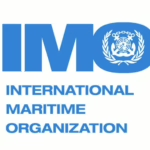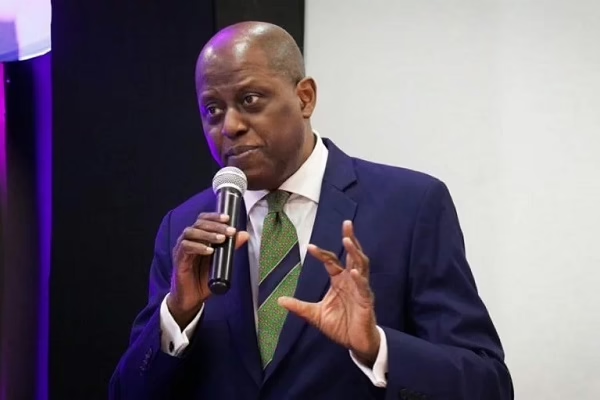Members of the Central Bank of Nigeria’s Monetary Policy Committee (MPC) have forecast a continued appreciation of the naira, anticipating it will strengthen to approximately N1400 per US dollar by the close of 2025. This positive outlook is underpinned by enhanced oil production, consistent capital inflows, and prudent liquidity management strategies.
During the July MPC meeting, recently disclosed personal statements from committee members revealed a shared confidence in the foreign exchange market’s future direction.
Murtala Sabo Sagagi, an MPC member, highlighted that the synergy of increased crude oil output, fresh capital inflows, and a healthier balance of payments position will sustain the naira’s upward trend.
“Given the recent boost in daily crude oil production alongside new capital inflows and an improved balance of payments, the naira is poised to appreciate further, potentially reaching the N1400/$1 mark before year-end,” Sagagi explained.
He also emphasized that the progress made in curbing inflation, coupled with the Central Bank’s steadfast efforts to unify the foreign exchange market and maintain disciplined liquidity, should be leveraged to accelerate economic growth and enhance living standards.
Other MPC members shared similar optimism regarding the foreign exchange outlook. Lamido Yuguda pointed out that the steady increase in both gross and net foreign exchange reserves, which hit $40.11 billion in July, provides a vital external cushion to stabilize the exchange rate.
Deputy Governor Bala Moh’d Bello reinforced this perspective, noting a marked reduction in speculative trading within the forex market. “The naira’s exchange rate has shown remarkable stability, reflecting the positive impact of tighter liquidity controls, heightened investor confidence, and the effective rollout of recent forex management reforms,” he stated.
“The decline in speculative activities has enhanced market transparency and encouraged price discovery based on market fundamentals. This stability is expected to continue in the medium term, supported by rising external reserves, which stood at $40.11 billion as of July 18, 2025-equivalent to roughly 9.5 months of import cover,” Bello added.
Meanwhile, the MPC reaffirmed its commitment to maintaining elevated interest rates for an extended period, emphasizing that a sustained tight monetary policy stance is crucial to consolidating achievements in price and exchange rate stability.
At the recent meeting, the committee unanimously voted to keep the Monetary Policy Rate (MPR) steady at 27.5 percent, alongside other key monetary parameters, citing ongoing inflationary pressures and persistent global uncertainties as justification.
CBN Governor Olayemi Cardoso explained that the decision was driven by the need to safeguard recent progress in reducing inflation, stabilizing the exchange rate, and bolstering investor confidence. He noted that headline inflation has declined for three consecutive months, reaching 22.22 percent in June, but cautioned that “core inflation remains stubborn, with underlying price pressures elevated due to structural challenges in food and energy supply chains.”
Similarly, Deputy Governor Bello stressed the importance of maintaining a “higher-for-longer” interest rate policy until inflation expectations are firmly anchored. He observed that although economic growth improved to 3.13 percent in the first quarter of 2025, the real risk lies in prematurely easing monetary policy, which could undermine fragile disinflation gains.
Another MPC member, Aloysius Ordu, underscored the necessity of the tight monetary stance to restore confidence in the naira. “Sustaining double-digit inflation at a stable level is unrealistic. Our restrictive policy approach is justified and will continue until inflation expectations are well anchored,” he remarked, linking successful disinflation efforts to the deepening of Nigeria’s domestic capital markets.


















